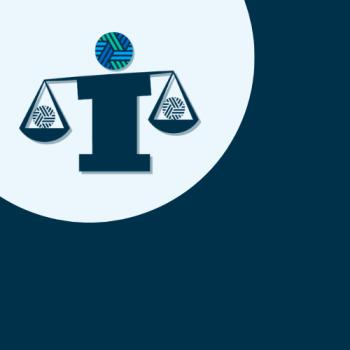About BioMedical SIG
The objective of the SIG is to increase the translation of research results into solutions in human healthcare.
The aim of the SIG is to create a place to propose and discuss burning topics related to the SIG objective.
Examples of topics that we would like to explore:
- Increase the awareness of researchers and KTOs in the bench-to-bedside process (maturation, clinical, regulatory, identification of a relevant need).
- Increase the attractivity of early-stage research to investors.
- Transition research from preclinical to clinical.
- Train researchers and KTOs to interact and negotiate with pharma and VCs.
- Increase the sustainability of biotech/Pharma practices by drug repurposing and use of natural products.
A subset of members of the BioMed SIG would like to create a group of stakeholders active in those fields to:
- Identify main opportunities and challenges.
- Generate guidelines (legal, IP, preclinical, regulatory) to be used as a reference.
- Connect stakeholders with complementary needs to foster new collaborations.



















